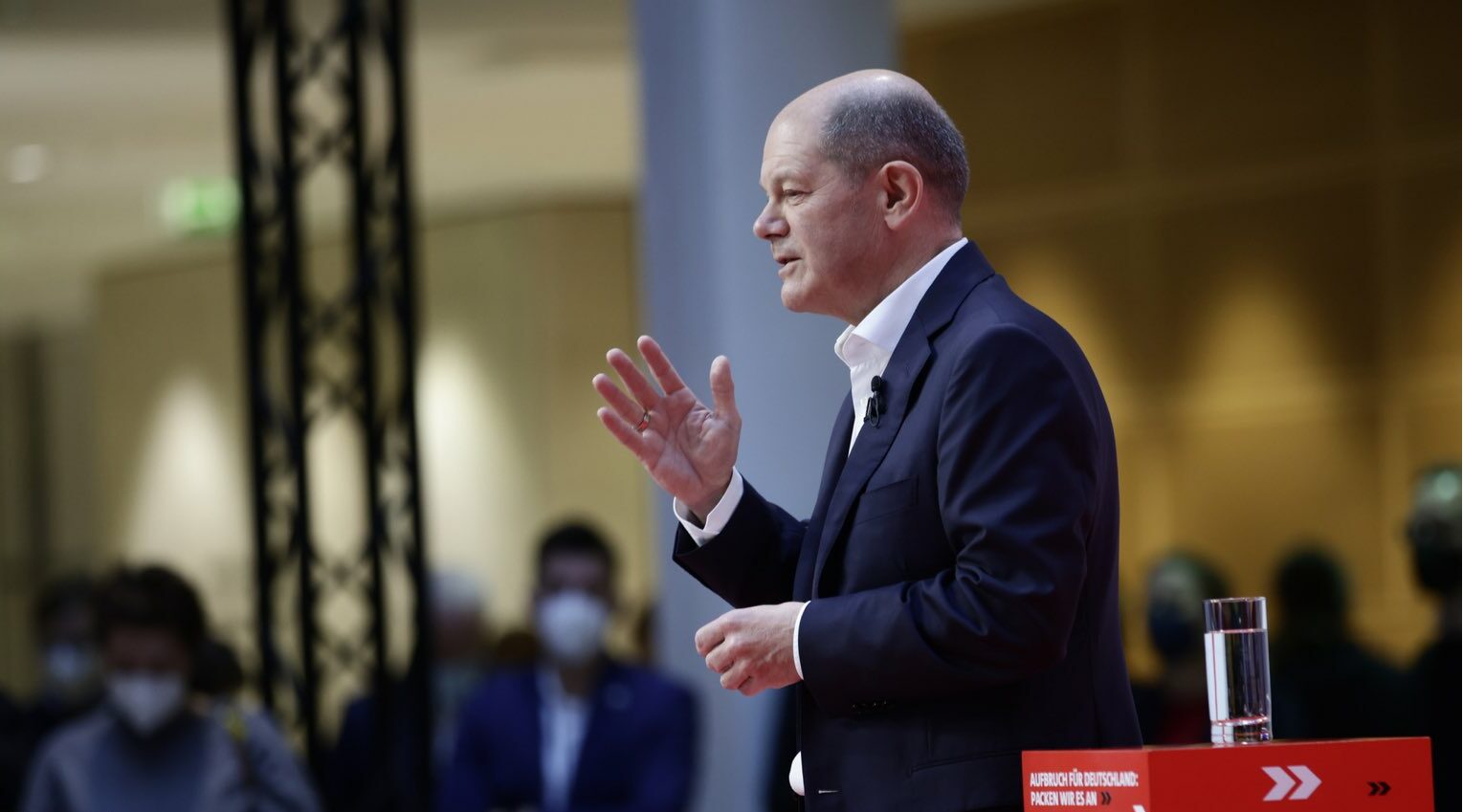What (for now) the German government does not do to mitigate the expensive energy

The German government still does not have clear ideas about anti-rising energy measures. Pierluigi Mennitti's article from Berlin
The slowness with which the German government is reacting to the increase in energy costs is linked to the complex game that on every sudden issue, not contemplated in the government agreement, opens up between the three parties that make up the coalition. None of them have in this running-in phase the desire and interest to force their hand, giving the outside an image of flaring, but this slows down the path and delays decisions.
Thus it is increasingly easy to find criticisms in the newspapers that in other countries measures are being discussed and taken to alleviate the burden of new bills for citizens and businesses, while Germany does little or nothing.
At least, however, discussions have begun, albeit more at the urging of the regions than the central executive.
The president of Bavaria Markus Söder has asked the federal government for immediate action to increase the Pendelpauschal, the compensation on mileage for those who work away from home, in order to amortize the greater expenses for fuel. But in his opinion it is necessary to intervene upstream, adjusting the VAT on fuels to lower their price at the petrol pump. A request made by Friedrich Merz on behalf of the national CDU. Söder then announced the presentation of his urgent package to calm energy prices, to be brought as soon as possible to the Bundesrat, the chamber of the Länder, which will contain a reduction in excise duties on electricity: in addition to citizens and workers, the surge of the energy cost has a heavy impact on businesses, especially small and medium-sized ones, the backbone of the Bavarian party's consensus.
Alongside Bavaria (governed by the CSU), North Rhine-Westphalia, which has a liberal-conservative government led by the CDU, has also concretely moved. It is precisely the Länder governed by the national opposition that have moved in recent days. The new president Hendrik Wüst (who succeeded Armin Laschet after the defeat at the chancellery) said he was concerned about the "social dimension" that the price increases are taking: "A heated house must not become a luxury". How concretely? Starting with the elimination of subsidies from renewable sources (EEG) already foreseen by the Semaforo government for next year and which instead must be anticipated as soon as possible. This proposal too, together with the increase in commuter compensation, will substantiate the package of measures that North Rhine-Westphalia wants to discuss in the Bundesrat alongside Bavaria. Similar signals come from Saxony and Saxony-Anhalt, also these regions under Christian-Democratic leadership.
So far reactions from the government are expected. The abolition of subsidies to renewables is being studied, but as of January 1, 2023. The Minister of Green Economy Robert Habeck says that the goal is to ensure that the facilitation of the subsidy cut really ends up in the pockets of consumers. At the moment, ministry officials are examining the legal obligations of energy suppliers.
The government's current plan is to abolish the EEG surcharge via the electricity bill on January 1, 2023, and then be financed from the federal budget. but the valuations would also be pushing to a possible further advance to 2022.
Finance minister Christian Lindner was also cautious, when he was in the opposition every other day he declared himself in favor of tax cuts and today is careful to safeguard the harmony of the majority. "If there were an agreement on tax breaks, I would certainly not be against it," he said in the press, declaring himself open to both replenishing the compensation to commuters and to the hypothesis of anticipating the elimination of subsidies from renewables. On this last point, a long battle of the liberals, the minister estimates an average saving per household of 150 euros per year, but the resistance of the greens is great.
Habeck himself, who is also deputy chancellor, argued that other measures would still be more effective, such as a bonus for families with children: "This money would help the less well-off to bear the greatest expenses, rather than flat-rate tax cuts. which would also benefit the rich ”. Just as he rejected the hypothesis of temporarily reducing VAT on fuels: "When you increase it again, the price will rise and you will run the risk of increasing inflation as well".
Among the greens, the same increase in commuter compensation causes stomach ache, because it tends to favor those who travel by car, with private means: "Spending another billion to encourage the combustion of oil in engines may not be the way to go" spokesman for the parliamentary group Dieter Janecek said.
But faced with the fact that many other European countries are intervening to meet energy costs, it is not certain that the German government will be able to maintain its wait-and-see positions for much longer. The industrialists are also pressing for prompt measures. The decision to abolish subsidies for renewables is good, said the head of the German Confindustria Siegfried Russwurm, but this alone will not be enough to ensure companies globally competitive electricity costs.
This is a machine translation from Italian language of a post published on Start Magazine at the URL https://www.startmag.it/energia/caro-energia-germania/ on Tue, 15 Feb 2022 06:46:58 +0000.
